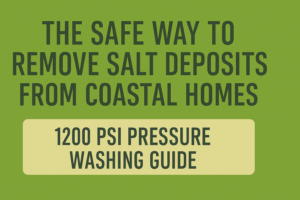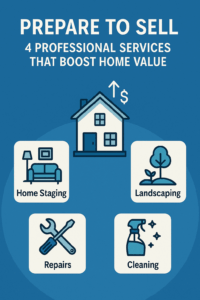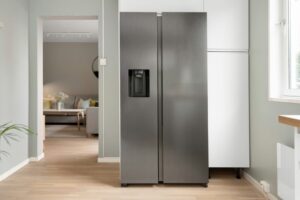Common Reasons for Unusual Noise From Your Furnace

Common Reasons for Unusual Noise From Your Furnace

A furnace is the hardworking hero of every home, ensuring warmth and comfort, especially during those chilly winter months. However, when it begins making odd noises, it’s not just annoying—it’s a red flag.
Ignoring these sounds could lead to reduced efficiency, higher energy bills, or even costly repairs. Understanding what causes these noises can help you address the issue and get back to enjoying a cozy home. We’re discussing the most common reasons for unusual noise from your furnace and how to diagnose and troubleshoot the issue.
What’s That Racket? Understanding Unusual Furnace Noises
It’s normal for furnaces to make low, consistent humming sounds while operating. But when you hear banging, squealing, clicking, or rattling, it’s time to investigate. Unusual noises aren’t just unpleasant; they often signify internal issues requiring your attention.
For example, banging could point to delayed gas ignition, while high-pitched squealing might indicate a slipping or worn-out blower belt. Clicking noises often signal problems with ignition systems, such as a failing gas valve or a compromised flame sensor. Recognizing these sounds early can save you a great deal of hassle down the line.
Worn-Out Components and Aging Furnace Parts
Aging furnaces often have trouble keeping up with the demands of heating a home, and their components begin to wear out over time. For instance, worn-out motor bearings can lead to grinding or screeching noises, which, if not addressed, could result in overheating or motor failure.
Loose Parts Cause Rattling and Vibrations
Rattling or vibrating noises are often caused by loose components inside the furnace. Over time, screws and bolts can loosen from constant use, leading parts, such as the blower fan or panels, rattling during operation. If left unattended, these small issues can turn into major repairs.
Airflow Issues and Blocked Vents
Restricted airflow is another common culprit behind furnace noises. Improper airflow happens with clogged filters are clogged, blocked vents, or leaking ductwork. These conditions force your furnace to work harder than it should, potentially causing whistling or hissing sounds.
Troubleshoot Your Furnace to Keep You Cozy This Winter
Not all noises demand professional intervention; some you can handle with straightforward furnace troubleshooting. Start by turning off your furnace and inspecting the air filters—replacing them if necessary. Tighten any loose screws or bolts you can safely access and make sure all ductwork is sealed properly.
Sometimes, simply cleaning out accumulated debris can solve the problem. Make it a habit to conduct seasonal maintenance to catch minor issues before they escalate. However, not every problem has a DIY solution, so it’s essential to know when to call for assistance.
When to Call in the Pros
If troubleshooting doesn’t resolve the noises, or if you’re dealing with issues, such as delayed ignition, gas smells, or grinding that might indicate motor failure, it’s time to contact an HVAC professional. Attempting to repair these complex issues without expertise could lead to safety hazards or further damage.
You shouldn’t ignore unusual furnace noises, regardless of how soft or loud they are. Taking swift action to address them can save you discomfort, safety concerns, and costly repairs. Keeping your system well-maintained and knowing when to call the pros will ensure smooth, warm winters for the years ahead.






